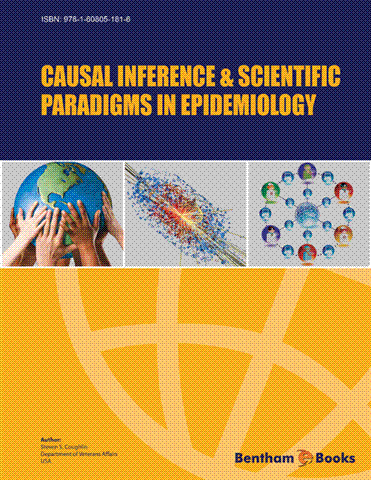Abstract
Changes in research paradigms and theories about disease causation have frequently led to refinements in frameworks for causal inference. Among the most promising paradigm shifts in contemporary epidemiology has been an increasing willingness to examine disease etiology using a multilevel or systems approach and a parallel trend towards the mathematization of causal inference. However, these two important developments (adoption of a multilevel or systems approach for epidemiologic research and use of quantitative models for causal inference) have not been adequately linked. One important impediment to reaching the full potential of multilevel studies is the need for further refinement of quantitative and graphical models for causal inference that are suitable for emerging research paradigms. More efforts should be made to clarify conceptually what approaches work best for identifying causal relationships in the context of complex systems. Optimal approaches to causal inference are not necessarily identical across epidemiology subdisciplines and researchers should not assume that there is one correct or optimal theory of causality that accounts for causal relationships identified in epidemiologic research.






















